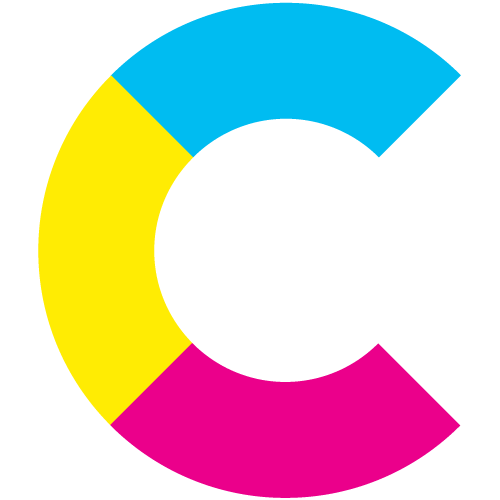User-Generated Experiential Video Content Isn’t Going Anywhere
In 2020, virtual tours and experiential video content surged in popularity.
As COVID-19 sidelined product launches, classrooms, conferences and tours, digital alternatives proved the only way forward. Almost overnight, the value of UGC became immeasurable - even if most people thought it was only a temporary fix before ‘normal’ life resumed.
But what they discovered was that UGC enabled the creation of immersive content while slashing the costs and logistical hurdles associated with traditional production.
Now, vaccines are bringing people out again - but authentic content marketing and UGC are here to stay. That’s why smart marketers, including the team at Colorado healthcare system UCHealth, are using UGC to enhance and strengthen their in-person events as they return in full.
UCHealth Fort Collins Family Medicine Residency was one of many programs that pivoted to digital during the pandemic. Program Manager Kimberly Bell explained: “Each year, we accept a select few students. Before COVID, applicants would visit us in person to get a better feel of what lay ahead. It was demanding on the students, who had flights and hotels to organize, and on UCHealth, where we needed to do prep work to organize and deliver each tour.”
She added: “During COVID, those tours stopped. So using Cinebody, we turned to UGC to replicate the experience - and the result was amazing! It’s going to be a key part of our process for many years to come.”
UCHealth’s compelling virtual tours gave applicants the chance to vet the institute from afar (just like Axon’s Day-in-the-Life content gives potential employees a sense of the job ahead).
Kimberly’s team provided a shot list to its filmers directly in the app...
Faculty captured the finer details of the curriculum and facility...
Current students shared their lifestyle experiences both on campus and beyond...
… and by remotely controlling the specs of creators’ cameras, UCHealth maintained its desired aesthetic throughout.
Did it work? It was never in doubt!
UCHealth | Fort Collins Family Residency Program
In fact, UCHealth cited logistical ease and the efficacy of last year’s video as major reasons why experiential video content is now a permanent part of its plans.
Think of other similar events that could benefit from UGC that removes hurdles and increases accessibility to a range of different audiences:
A virtual campus tour could be hugely appealing compared to the outlay of return air fares, hotel bills and a big chunk of time from a student’s diary. University of Central Florida was ahead of the curve and doing this pre-COVID.
Recruitment drives could be transformed (just like Colorado Mesa University did) by combining UGC and traditional production to create a wealth of compelling day-in-the-life employee content.
So while everyone is buzzing that in-person events are on the way back, don’t forget the new tool in your armory: experiential video content!



